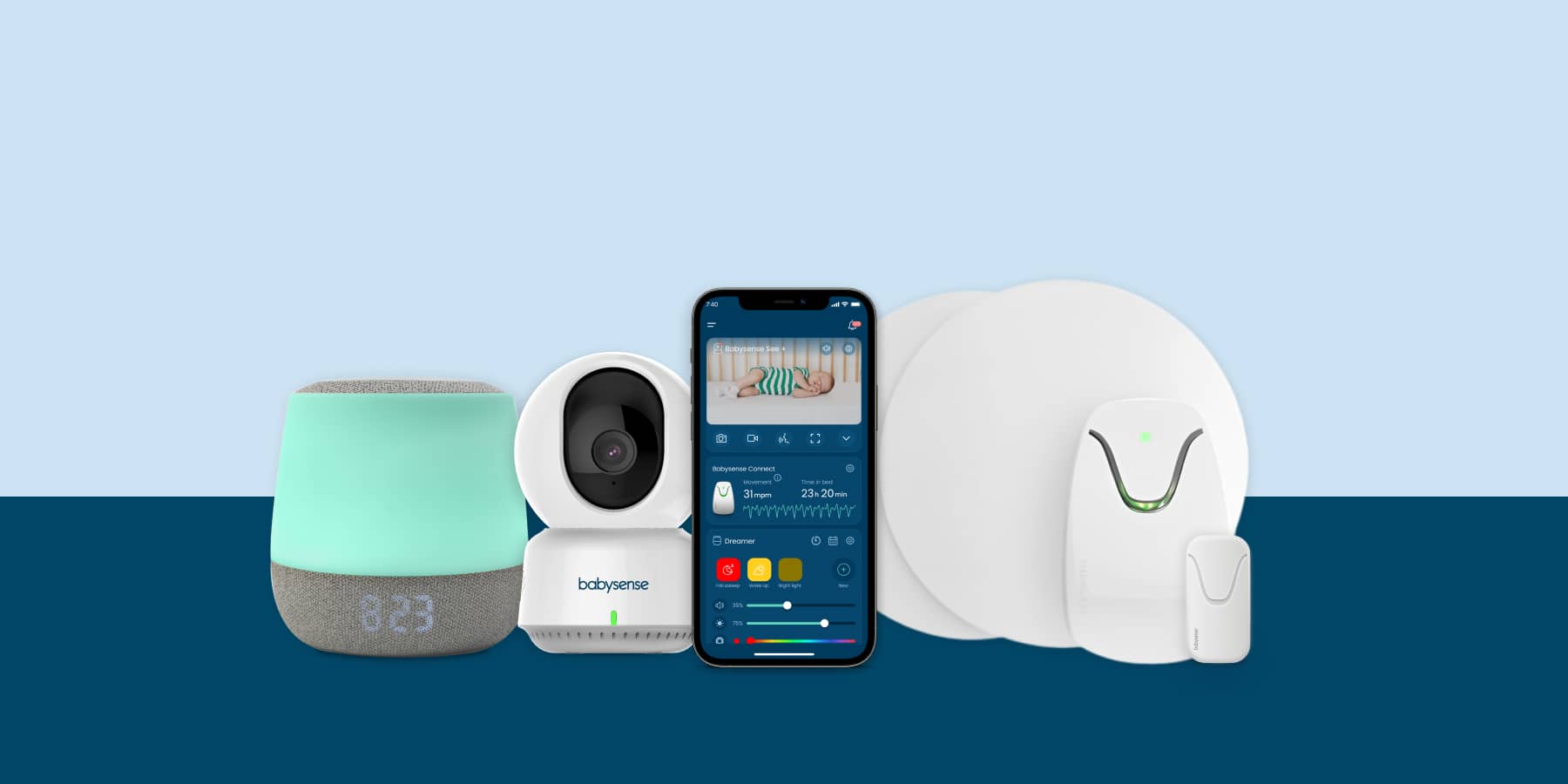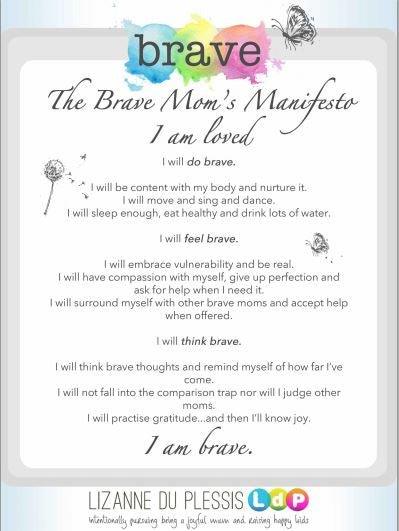What is colostrum?
Colostrum is the milk produced in your breasts from about 16 weeks of pregnancy until around the third day after your baby’s birth. Some moms notice drops leaking from their breasts in the weeks before the birth, others don’t. Rest assured that your breasts are producing colostrum in preparation of baby’s arrival – whether you see it or not.Not leaking certainly does not mean that you won’t have a plentiful milk supply. Your body continually produces colostrum, so don’t worry that leaking will lessen baby’s supply.
Colostrum is a thick, sticky fluid. Although it may also be white or even translucent, it is most often a buttery yellow. Regardless of the colour, colostrum is so precious that lactation experts fondly call it “liquid gold”.
The perfect first food
Colostrum is a superfood, tailor-made for a newborn’s needs. It is highly nutritious yet extremely easy to digest. A newborn’s stomach is only about the size of a marble. It can hold around 5 - 7 milliliters of milk on the first day, and initially it cannot stretch. This is why the low-volume, highly concentrated liquid gold is so perfect.
Consider your colostrum baby’s “first immunization”. It is extremely important for your little one’s immature immune system. Some experts estimate that up to 60% of a newborn’s immunity comes from colostrum. It is packed with an antibody known as secretory immunoglobulin A (sIgA), and every drop teems with white blood cells (leukocytes) that defend your vulnerable baby against viruses and bacteria. For this reason, colostrum is extra important for premature babies.
Colostrum is excellent for your baby’s digestive system. A newborn baby is born with what we call a “leaky” or highly permeable gut. There are gaps between the cells lining the mucosa. It is through these gaps that viruses, bacteria and allergens enter baby’s body. Colostrum plugs up these gaps like putty so that no harmful pathogens can pass through. This permeability of the gut explains why exclusive breastfeeding (giving your baby nothing but breast milk), is so important for the first six months. If Baby ingests anything else – even a little water – this seal is broken and takes up to 4 weeks to close again.
How colostrum helps prevent jaundice
Your first milk is a natural pro-biotic and laxative. It will help baby get rid of the tarry black meconium that has built up in his bowels during his time in the womb. Pooing early and often lessens baby’s risk of newborn jaundice, and here’s why.
Babies are born with extra red blood cells. These cells are the body’s oxygen carriers. In order to ensure that baby’s brain gets enough life-giving oxygen throughout the birth process, his body produces extra red blood cells right before birth. Call this Mother Nature’s insurance policy. As soon as he is born, though, he no longer needs those extra red blood cells. His liver breaks them down into a waste-product called bilirubin, which is excreted through the stools. If baby breastfeeds early and often after birth, the laxative properties of colostrum will help him flush out the bilirubin. If he doesn’t feed well (for whatever reason), the bilirubin is reabsorbed from the bowels and builds up in his body. This stresses his immature liver. If the bilirubin build ups to higher than normal levels, baby may need photo-therapy (special lights that break down the bilirubin) at home or in hospital.
Newborn jaundice is your classic vicious cycle: baby doesn’t feed well and becomes yellow as a canary. The high bilirubin levels make him sleepy and lethargic and even less likely to feed well. So he becomes more jaundiced and feeds even less … See what I mean? Baby really needs adequate volumes of colostrum early on. Prevention is much better than cure.
Giving baby the best start
It is impossible to overstate the importance of nursing as soon as possible after birth. Babies are primed to feed in the first hour of life and so are your hormones. Early and frequent feeding is the best way to establish a plentiful milk supply, optimise baby’s growth, and prevent jaundice.
Text box
Around two hours after birth, babies usually fall asleep. Remember that a newborn can feed even when he is asleep or drowsy – in fact, they often feed more efficiently while in a light sleep and before they are too hungry.
Help, my baby doesn’t want to nurse!
Some babies are especially sleepy, perhaps due to a stressful birth or the pain medication their moms needed during or after labour. Don’t panic, there are ways to coax these sleepyheads to the breast. First of all, spend lots of time with baby lying your body. Relax, lean back, and put baby on your chest. This position usually triggers a newborn’s feeding reflexes. If the two of you can be skin-to-skin, with baby wearing only a nappy, it works even better. He will be nice and toasty, your breasts are your body’s built-in incubators and can warm up or cool down in order to regulate baby’s temperature. Amazing, right? Skin-to-skin contact also keeps his blood sugar more stable, plus it allows him to smell your milk.
If this does not work, baby might need more encouragement. Hand express a few drops of colostrum into a clean teaspoon. Ask the nursing staff or your midwife for help.Try putting a warm facecloth on your breast before expressing, this will encourage milk flow.
Important: don’t be discouraged if you only get a few drops, this is all baby needs.His tummy is minute and one swallow is made up of a whole 0.6 milliliters!
Now spoon feed the colostrum to baby, or give it to him with an eyedropper or syringe. Often the sweet taste and the quick energy boost will be enough to wake him up and get him nursing. If not, consider contacting a lactation consultant in your area for help.
What happens next?
On the third or fourth day after birth, your breasts will start feeling warmer and fuller. This means that your more mature, more plentiful milk supply has “come in” to meet baby’s changing needs. This mature milk is less concentrated, but it is still Nature’s perfect food that will help your little one reach his full potential: physically, intellectually and emotionally.
Marie-Louise Steyn is the author of ‘Breastfeeding your Baby’ (Metz Press).








